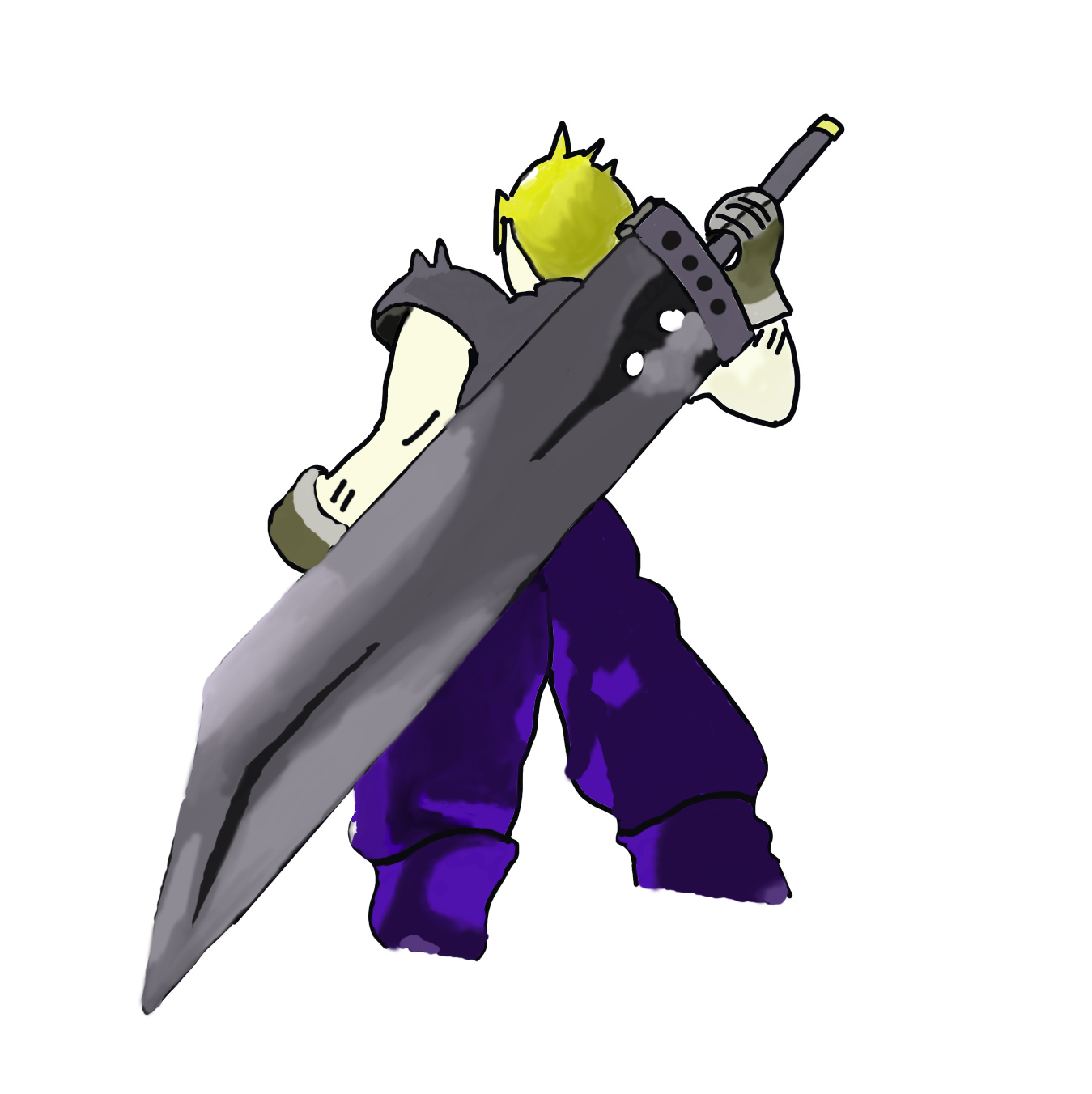
The reputable video game development company Square Enix will finally revive the story of the enigmatic and influential JRPG Final Fantasy VII on April 10. The original game was released in 1997 for the PlayStation console and quickly became hailed as one of the best video games ever produced, in part because of its sprawling world, turn-based fighting mechanics and utterly captivating story.
Final Fantasy VII fans have clamored for an update of the game for some time now. That being said, many skeptics have claimed that a remake could never compare to the ingenuity present in the original. Video game remakes have a tendency to polarize critics. For example, in the past decade Nintendo has remastered and formatted some of the games from the Legend of Zelda franchise for the Nintendo 3DS. Some claimed that this remake successfully updated the game within the parameters of a modern, handheld console while others criticized the game-makers for not updating enough elements or adding new material. Despite people’s mixed responses to remakes, updates such as these exemplify how games created two decades prior can continue to capture the imagination and intrigue of contemporary video game players.
The remake scheduled to arrive in stores this year will be the first game in a series that chronicles the story of the original; the next game will begin where the first one concluded although it is unclear at which point in the game’s plot this transition will occur. This decision has also sparked criticism, as some have attacked Square Enix for spreading out the game over an undecided number of individual games, claiming that this decision was an obvious ploy for more profit. That being said, Square Enix has added new content, such as additional abilities and cutscenes, that was not in the original.
The overall plot of Final Fantasy VII could not be more relevant in our current political and social climate. Essentially, the story begins with a radical eco-terrorist group infiltrating a corrupt megacorporation that has monopolized the world’s power. In an effort to disrupt their operations, the group plants and subsequently detonates a rigged explosion. Much of the first half of the story involves this violent organization dubbed AVALANCHE and their attempts to thwart the actions of the Shinra Electric Power Company. Tension between radical environmentalists and big business is obviously present in the world outside of the game, and this characteristic helps maintain the game’s contemporary spirit. Furthermore, the fact that the story so heavily concerns itself with the environment and the ramifications of Shinra’s abuse of the planet perhaps illustrates why it still maintains such an active following in today’s context.
Its gameplay remains some of the most enjoyable in recent memory, especially for those who appreciate the turn-based genre. Its surplus of weapons, accessories, armor and Materia, which allow the playable characters to cast elemental spells, summon others to fight on their behalf or increase certain stats, prevents enemy encounters from stagnating or losing their appeal. Moreover, the game continually rewards the curious player. Secret items appear in various locations throughout the Final Fantasy VII world; players can even unlock two optional playable characters over the course of their journeys.
Because of its immense amount of content, the game was released on three separate discs. Over the course of the game, the the player’s progression through the virtual world becomes less linear with an abundance of optional side quests and minigames in the latter portion of the story. This feature in particular contributes to the game’s near endless replayability. Each playthrough reveals new items, elements and quests that a player may have previously missed. Its sheer expanse impresses newcomers nearly two decades later.
The story slowly evolves into something much larger than a single eco-terrorist attack, as the protagonist, Cloud Strife, finds himself torn between his fractured past and his reluctance to participate in the organization for altruism’s sake. That said, Strife’s struggles with memory and his past may even resonate with our current culture that is generally more open towards mental illness. The character development, specifically Cloud’s, serves as one of the game’s defining characteristics. Final Fantasy VII is one of the few games that allows the player to become invested in the emotions and lives of the characters so naturally.
With its shattering tragedies and soaring yet fleeting moments of triumph, this is the perfect game for anyone interested in science fiction, fantasy or our own contemporary climate crisis. Folks who are interested can purchase the game on Steam for about twelve dollars. As enthusiastic as I am to play the remake upon its release, I understand that it can in no way outpace the original in terms of its ingenuity and impact; no amount of high-definition graphics will make me think any differently.
Subscribe to the Mossy Log Newsletter
Stay up to date with the goings-on at Lewis & Clark! Get the top stories or your favorite section delivered to your inbox whenever we release a new issue.

Leave a Reply